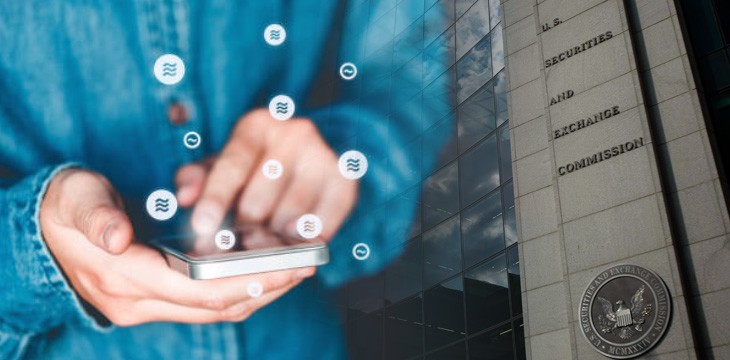|
Getting your Trinity Audio player ready...
|
A new bill introduced by a bipartisan group of U.S. lawmakers could define Facebook’s Libra token as a type of ‘security,’ in a move that would invite more intense scrutiny of the developing cryptocurrency.
Known as the Managed Stablecoins are Securities Act of 2019, the bill would mean Libra was subject to the structures of U.S. securities law, enforced by the Securities and Exchange Commission (SEC), CNBC reported.
This would require Facebook to register Libra as a security with the SEC, and seek licensing to operate, which will be at the discretion of the regulator directly.
The bill, which was proposed by Reps. Sylvia Garcia, D-Tex., and Lance Gooden, R-Tex., follows Facebook CEO Mark Zuckerberg’s recent appearance giving evidence to the House Financial Services Committee on “An Examination of Facebook and Its Impact on the Financial Services and Housing Sectors”.
According to press reports, the lawmakers were said to have been left “disappointed” by Zuckerberg’s testimony.
Describing Libra and other stablecoins as “clearly securities under existing law,” Garcia said in a statement that the bill would bring regulatory certainty to the sector.
Bringing clarity to the regulatory structure of these digital assets protects consumers and ensures proper government oversight going forward.
Gooden said digital assets could also be securities under existing law, arguing that the bill would clarify the position with regulatory certainty: “In what are called ‘managed stablecoins’, we have trusted brands marketing digital assets to consumers as secure and stable. Everyday investors need to know they can trust the issuers behind their financial assets. This bill would bring them the security they deserve by applying the laws we use to regulate financial securities to this new breed of digital currencies.”
Both Facebook and Libra have so far declined to comment on the bill.
The bill is only the latest legal hurdle faced by Libra in the U.S., with the project meeting early resistance from regulators and central banks around the world. With the aim of an international rollout in 2020, Facebook needs to win over regulators and lawmakers worldwide, and meet the compliance expectations in different jurisdictions.

 03-03-2026
03-03-2026 




